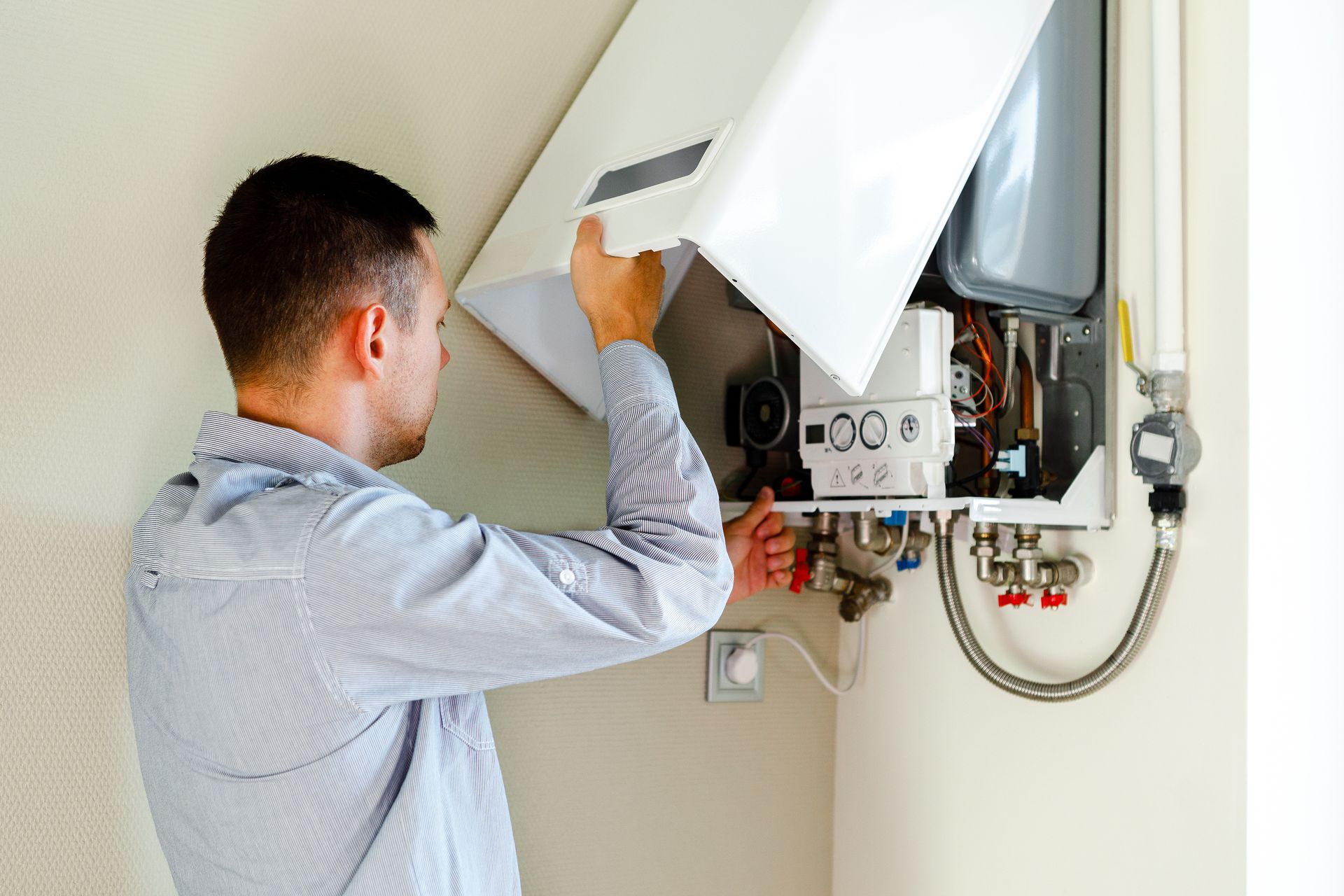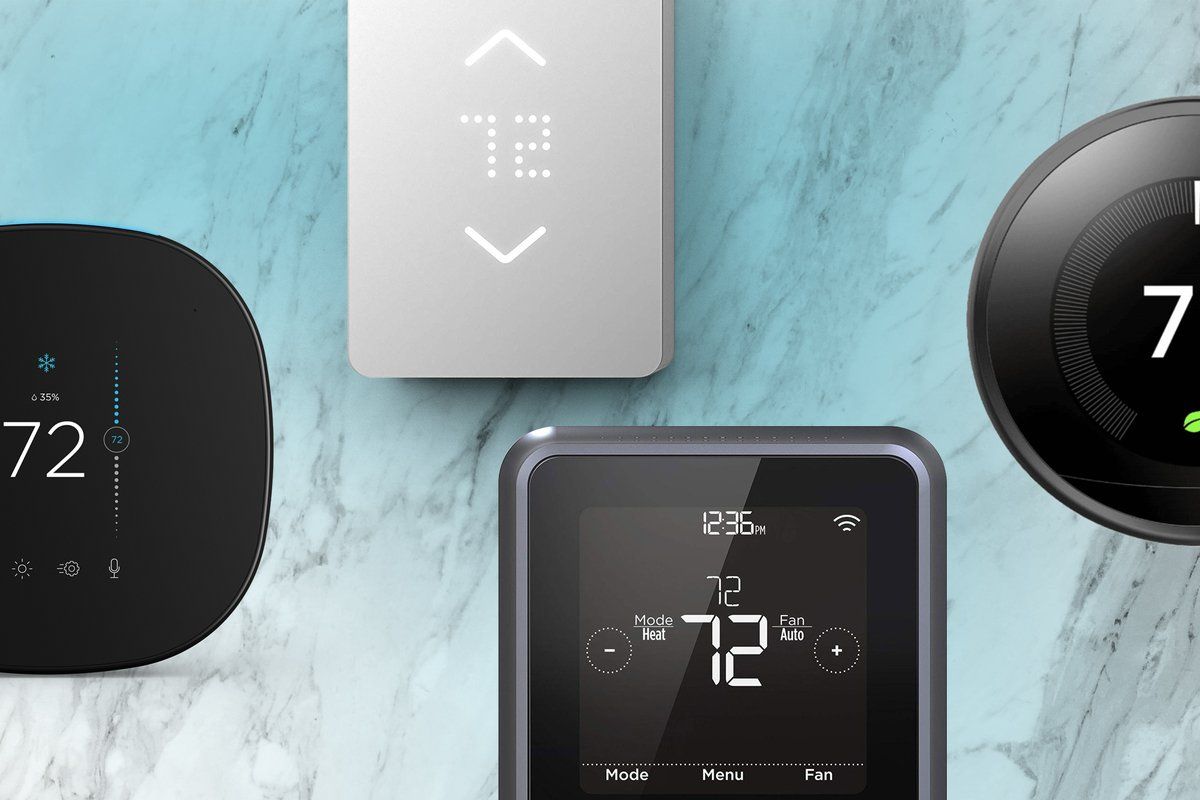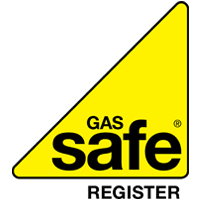Look after your heating this summer
Tip to keep your heating system in top condition...
There are a few simple things you can do during summer to keep your heating system in top condition – read on to find out more….
1: Turn it off
You can simply turn your boiler off in summer when it’s warm enough that you won’t be needing your heat on. But do remember to turn it on for 15 minutes once a month to prevent problems in winter. Combi boilers can just be turned to ‘hot water only’ – easy peasy!
2: Service your radiators and pipes
It’s not just your boiler – the radiators and pipes need some love too! And the ideal time to do this is when you’re not using the system much.
- Insulate your pipes – pipe lagging is cheap, easy to fit, and can make a big difference
- Fitting reflective insulated panels on the walls behind your radiators can heat a room quicker, and keep it warm for longer
- Powerflushing can clear out accumulated sludge from your system – give us a call to find out more

3: Get it serviced
Boilers work best with a little TLC, and an annual service will make sure that everything is running smoothly. Give us a call to book a boiler service with us – it’s the perfect time, now you’re not using your heating
4: Check the pressure
Boilers work best at the correct pressure – it can vary depending on the conditions, and whether the water in the system is hot or cold, but should generally be around 1.5 bar. Below 1, or above 2.5, and you may need to correct it, either by adding more water into the system, or by bleeding a radiator to reduce the pressure. Check your user manual for simple instructions – or if you’re not sure how to do it, just get in touch and we’ll sort it for you
5: Repair or replace
Boiler on its last legs? You don’t want to be stuck without heating during the winter, so why not think about upgrading now? We have a range of offers on boiler upgrades, so just let us know what you need!
You might also like
Pro-Gas Hull - Blog


Book a Service Today
We will get back to you as soon as possible
Please try again later
Quick & Reliable
We are available 24/7 via email or telephone
All Rights Reserved | Pro Gas Services (Hull) Ltd




